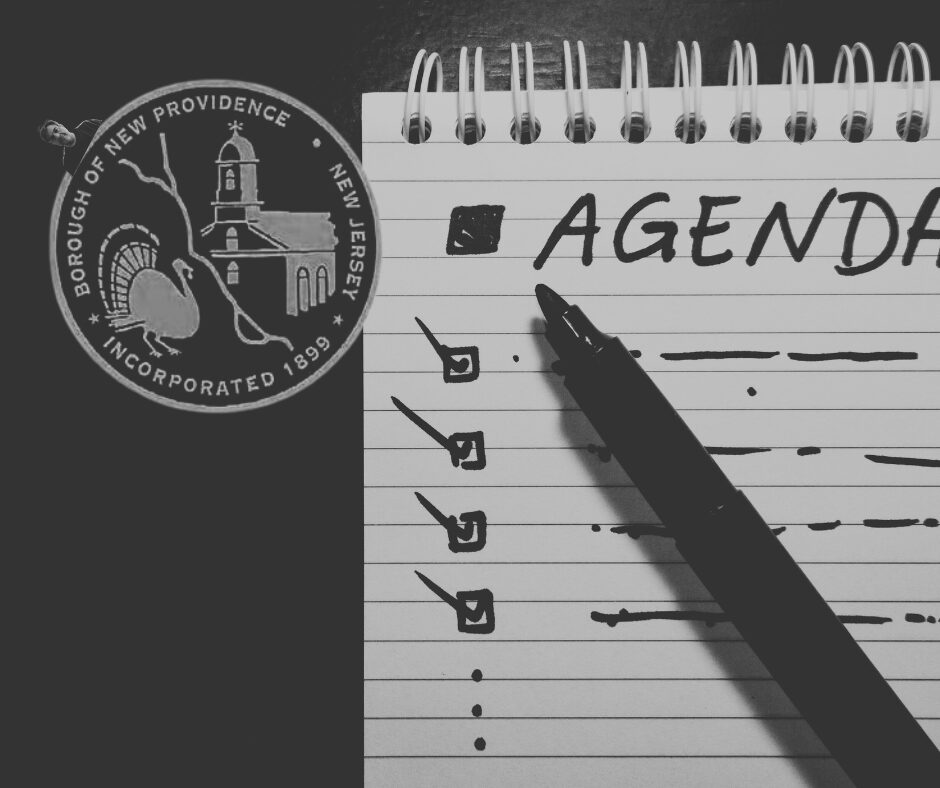During the May 15th meeting of the Berkeley Heights Board of Education, (former) Business Administrator Anthony Juskiewicz made mention of a bill that was introduced recently in the New Jersey Assembly that would affect Cooperative Purchasing Agreements. Mr. Juskiewicz said that unions and lobbyists have “put a bill forth out there that they don’t want these co-ops using trades.” According to his statements, this bill could affect the ability of the school district to make necessary purchases.
A Cooperative Purchasing Program or Agreement is an arrangement for multiple entities to combine purchases and services through one source. For example, the New Jersey School Boards Association offers one such co-op for school districts. One main benefit is economies of scale; a basic decrease in cost as volume increases. An additional advantage is that entities, or school districts in this case, save time by eliminating the need to obtain multiple quotes, or bids. For school districts, there are many co-ops that can be used for purchases, and most schools belong to multiple co-ops at any given time.
For Berkeley Heights, this subject came about while discussions were being held over policy 6421. This policy sets limits on the dollar amount that is allowed to be spent without getting quotes from different vendors. A change in the policy last year set this dollar amount at $3,300. For the range from $3,300 to $6,600 for purchases, the policy requires two quotes. Above that threshold, three quotes must be obtained. The exception is that, when using co-ops, no bids need to be secured, since that has already been done by the organization running the co-op. Dr. Feltre told the board she and AJ “spoke multiple times about the plumbers and what the impact is going to be with regards to if the co-ops fail”.
Concerned by Mr. Juskiewicz’s statement, NJ 21st set out to find out more about this bill and how it could hamper our schools from being able to use co-ops for purchases. A search using both Google and the New Jersey Bill Search website turned up three bills related to Cooperative Purchasing, but none of them appears to concern unions or the use of the trades by co-ops, nor could anything be found that suggests cooperative purchasing may be in danger of being eliminated. Actually, the converse is true.
Assembly Bill A4194 (S3041): Prohibits cooperative from receiving public works contract when cooperative-approved vendor fails to pay prevailing wage; concerns cooperative purchasing agreements with other states; and permits contracting units to award certain indefinite contracts.
Assembly Bill A4035 (S1332): Modifies use of cooperative purchasing agreements by certain public contracting units for construction services; prohibits time-and-materials contracts in certain circumstances; allows indefinite delivery, indefinite quantity public contracts in certain circumstances.
A5019: Revises definition of “contracting unit” for government cooperative purchasing agreements.
Rather than limit cooperative purchases, other bills require bulk purchasing for municipalities and counties for pharmaceuticals and energy services.
The final bill we found that was related to cooperatives revises the definition of “contracting unit” for government cooperative purchasing agreements.
We have reached out to Dr. Feltre to ask about this bill and will update the article when a response is received.
Read All Articles on BOE Agendas and Meetings
Subscribe to NJ21st For Free
Our Commitment to Ethical Journalism
|



